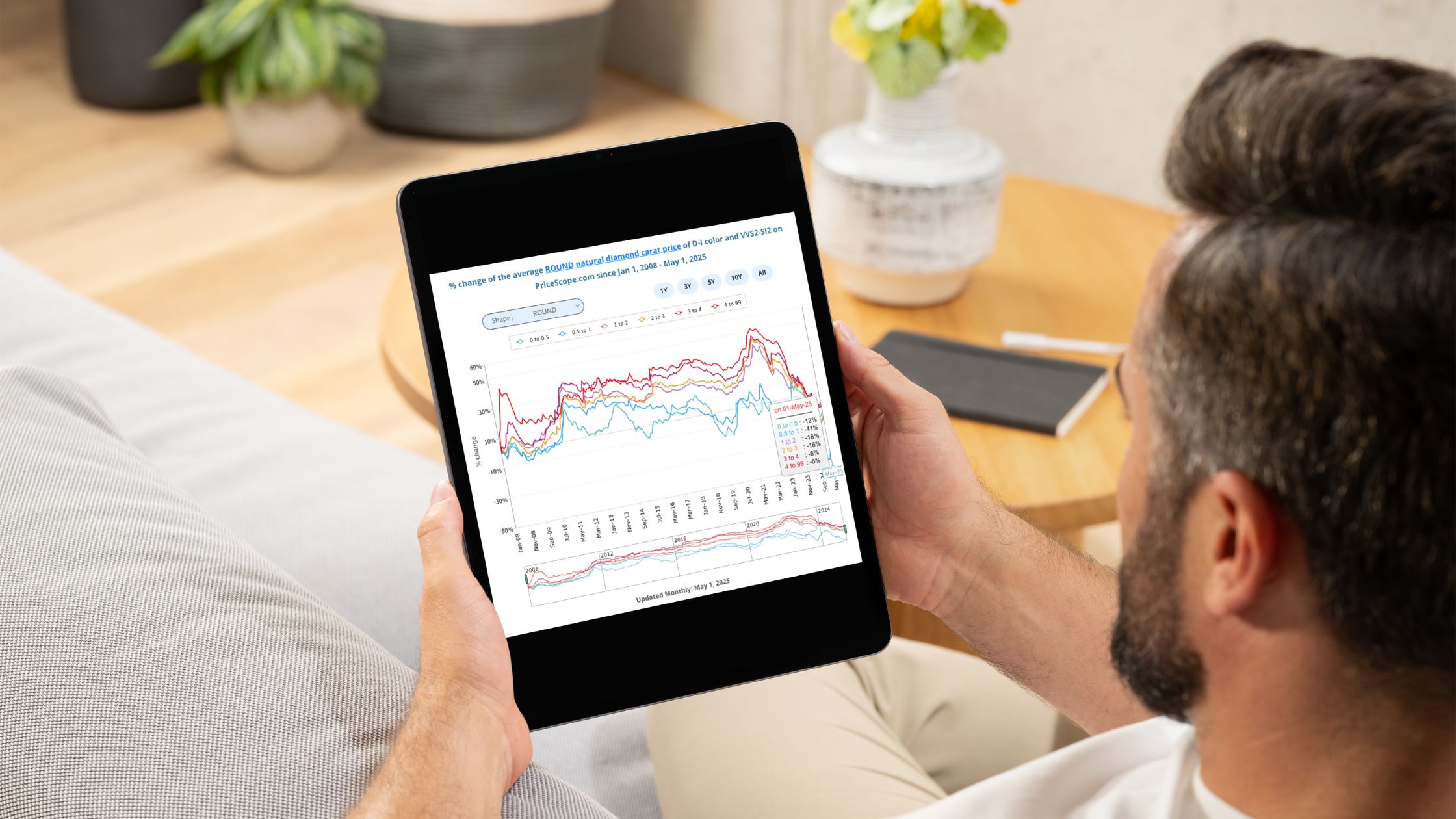Sabine
Ideal_Rock
- Joined
- Aug 16, 2007
- Messages
- 3,445
FI and I were talking about what we''re going to do with the money we receive from the wedding. Our future plans are pretty up in the air right now since FI is in medical school, but also in the Navy, so we asked FI''s dad for advice since he is a CPA. His suggestion was to invest the money aggressively in the stock market. Neither FI nor I have anywhere near enough knowledge to even think of doing that ourselves, so we would like to meet with a financial adviser to work out a plan on what to do.
We could ask FI''s dad for help, but knowing him, he would probably just try to take care of the money for us, and we would both like to be more involved in what was going on.
So, how does one go about finding a financial adviser? I don''t even know where to start contacting them, through a bank, through a company like Liberty Mutual, ask FI''s dad to suggest one at the risk of hurting his feelings? And how much does a service like this cost? Sorry if I am totally clueless, but my own dad and I do not talk about this kind of thing, and I have a feeling his investment portfolio is about as empty as mine, so I really have no idea.
We could ask FI''s dad for help, but knowing him, he would probably just try to take care of the money for us, and we would both like to be more involved in what was going on.
So, how does one go about finding a financial adviser? I don''t even know where to start contacting them, through a bank, through a company like Liberty Mutual, ask FI''s dad to suggest one at the risk of hurting his feelings? And how much does a service like this cost? Sorry if I am totally clueless, but my own dad and I do not talk about this kind of thing, and I have a feeling his investment portfolio is about as empty as mine, so I really have no idea.







300x240.png)